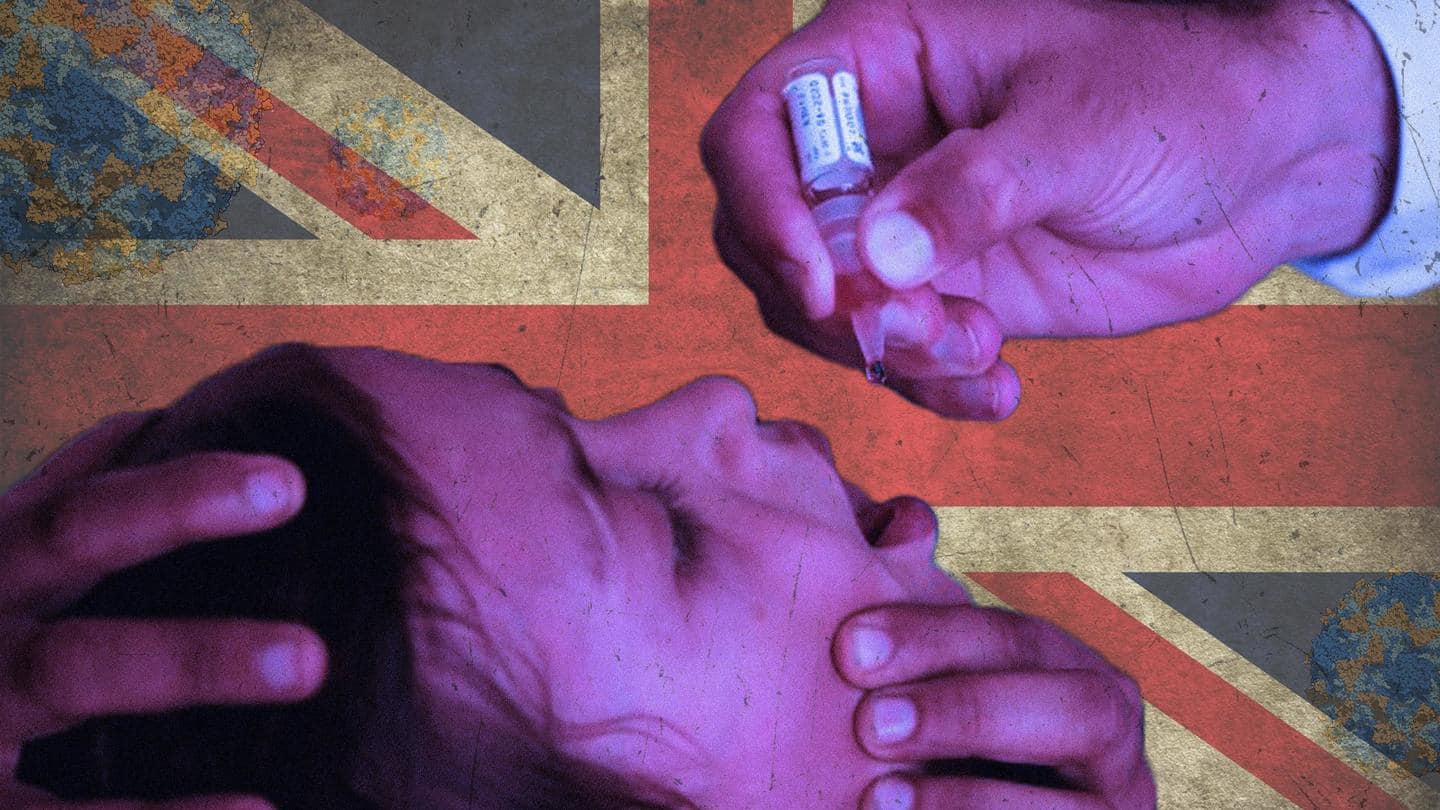
#NewsBytesExplainer: How dangerous is poliovirus found in London sewage
What's the story
Health authorities in the United Kingdom (UK) said a national incident of recurrent poliovirus was reported in London sewage. According to the UK Health Security Agency (UKHSA), multiple positive polio tests suggest that there is an ongoing infection and possible transmission in the community. It called the occurrence surprising, given that the UK was declared polio-free in 2003. Here's all you need to know.
About
What is poliomyelitis?
Poliomyelitis (polio) is a deadly illness that has traditionally resulted in paralysis and death all throughout the world. Polioviruses, tiny viruses that can harm nervous system cells lead to this disease. Because it does not exist in animals, it, like smallpox, can be eradicated. Every year, we move closer to this objective owing to efficient immunization initiatives.
Information
What are different types of poliovirus?
As per health experts, there are three kinds of poliovirus. They said infection with one does not protect against infection with another. Type 1 poliovirus has continued to produce outbreaks, although vaccination has successfully stopped transmission of types 2 and 3.
Spread
What do we know about its transmission?
Poliovirus is transmitted by respiratory droplets. It can also be caught in food or water contaminated with the feces of the infected person. The virus can survive normal temperatures for many days. The last remaining outbreaks have been associated with areas with poor sanitation and not reachable for vaccines. Afghanistan and Pakistan are the only two countries where wild polio is still endemic.
Vaccination
How effective is the Inactivated Polio Vaccine (IPV)?
Health officials claimed that vaccines were critical in eradicating polio as there were just 700 worldwide cases till last year. In the UK, authorities use injectable polio vaccination containing Inactivated Polio Vaccine (IPV). Although it is effective in preventing paralysis, it is less effective in generating local immunity in the gut. It means that even vaccinated persons can get the virus and spread it.
OPV
Does Oral Poliovirus Vaccine (OPV) control outbreak?
The Oral Poliovirus Vaccine (OPV), which contains a live but attenuated virus, is appropriate for an outbreak in areas with inadequate hygiene. Because OPV is administered through a dropper, no trained personnel or sterile equipment is required. This way, it can reach more populations and produce strong gut immunity. It can also spread to the vaccinated person's close contacts and protect them as well.
Sewage virus
What do we know about poliovirus found in sewage?
Experts said that our immune systems clear OPV within days, unlike in people with weak immune systems. They may carry the virus for longer, increasing the possibility of mutations. This can result in circulating vaccine-derived poliovirus in under-immunized regions (VDPV). Indeed, the virus found in London sewage was of the vaccine-derived variety, VDPV type 2. There is still no wild poliovirus in the UK.
India
Possible reasons for finding virus in sewage in Kolkata
Although detection systems are sensitive, a single positive test would not trigger an alert. Type 1 VDPV was recently discovered in sewage in Kolkata, and it is believed to be the result of an imported case from a vaccinated individual with a weakened immune system. To avoid sickness, we must ensure that every family member is vaccinated, especially children.